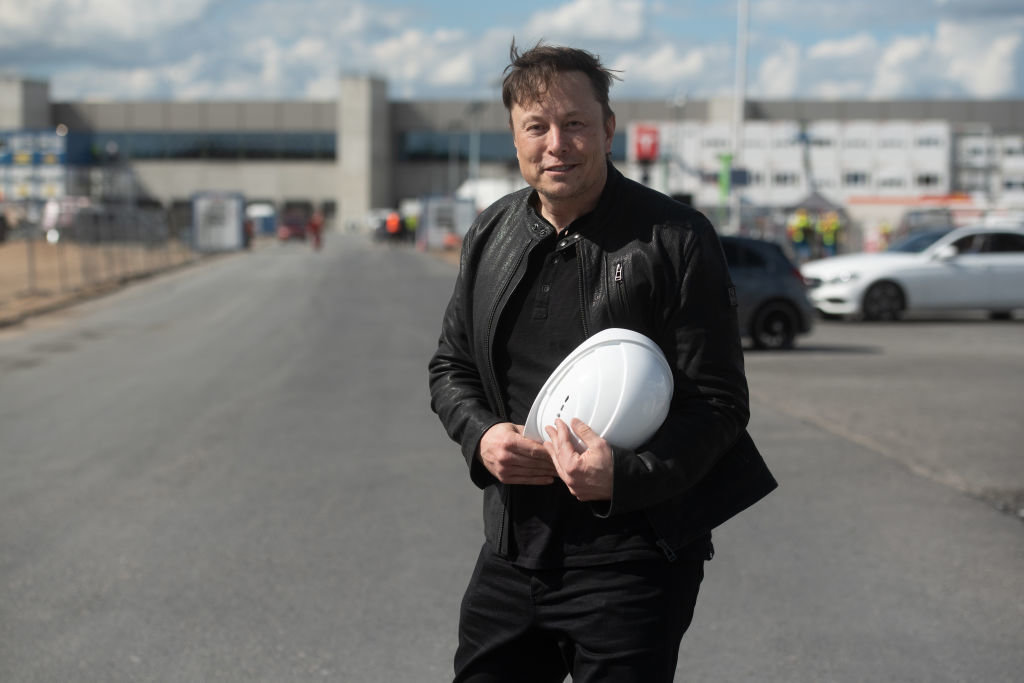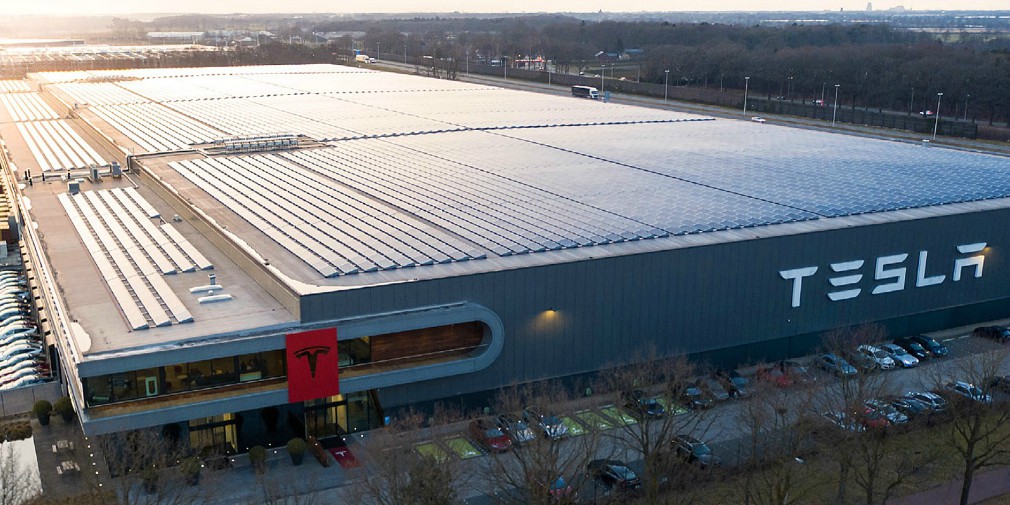
Production of Tesla electric cars in Germany won’t start until mid-March at the earliest. Why factory construction has been delayed.
Bureaucratic obstacles and the need to solve a court case have caused uncertainty with the start of the plant for the production of electric cars Model Y from the company Tesla.
The plant is being built in the town of Grunheide, located near Berlin, 38 kilometres from the German capital. It is assumed that according to the design capacity of the enterprise, up to 500 thousand electric cars will be produced there per year. The project is estimated to cost $4.9bn (€4bn).
Why is the construction of the Tesla plant being delayed?
However, according to the German media, formalities necessary for the start of work of the enterprise with the local state services responsible for environmental safety have not been settled yet. German Ministry of Environment told journalists that the issues related to obtaining all permits for the plant to start its work are in the final stage. However, German officials did not give any specific dates for the completion of all the procedures.
What is known is that serious bureaucratic hurdles and a lawsuit, during which the water use regime of the future plant was being considered, did not allow the company to obtain all the necessary licenses by December, which Tesla CEO Ilon Musk had hoped for and announced on Twitter last year. In July 2021, the billionaire wrote on social media that he intended to build the plant in record time and start launching cars. After all, the plant in Shanghai, which produces Model 3s electric cars, was built in just 11 months.

Will Musk solve the problems that have arisen
Musk is expected to visit the factory in Grunhide during February to take a closer look at the extremely difficult situation in person.
While the plant is being built and formalities are being sorted out, the Model Y electric cars are being produced in China. German analysts say Musk is being won over by the company’s impressive track record of building plants in the country, getting all the formalities sorted out quickly and leaving the locals largely unhappy. In Germany, on the other hand, the company was, as analysts aptly remarked, “in bureaucratic hell”.
A lot of questions had to be solved with environmental organisations, as several hectares of forest had to be cleared to build the plant. It also took a lot of time to communicate with trade unions, which demanded that Ilon Musk’s company detail all aspects of future labour relations with employees at the plant that was under construction.
In addition, the fact that the construction site had to be cleared of unexploded munitions from World War II had an impact on the work schedule.
Commenting on the situation with the German plant of Tesla, analysts recalled the history of construction of the new Berlin airport. It was built very fast, in record time for such object. But the airport started to work fully only 10 years after construction works were completed. The reason: a huge amount of formalities that the airport administration had to sort out with many German governmental and non-governmental organisations.
Tesla and Ilon Musk, of course, do not have that much time to spare. After all, the market for electric cars is becoming increasingly competitive.